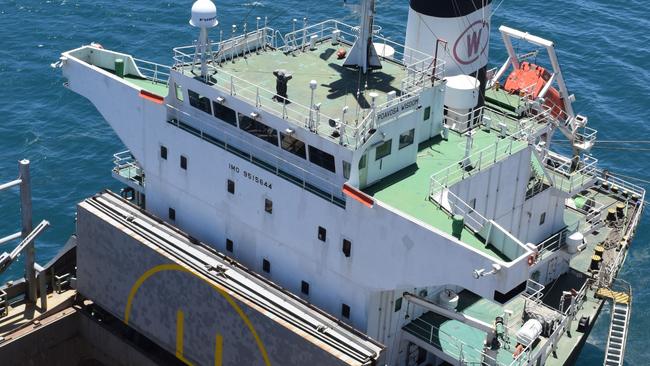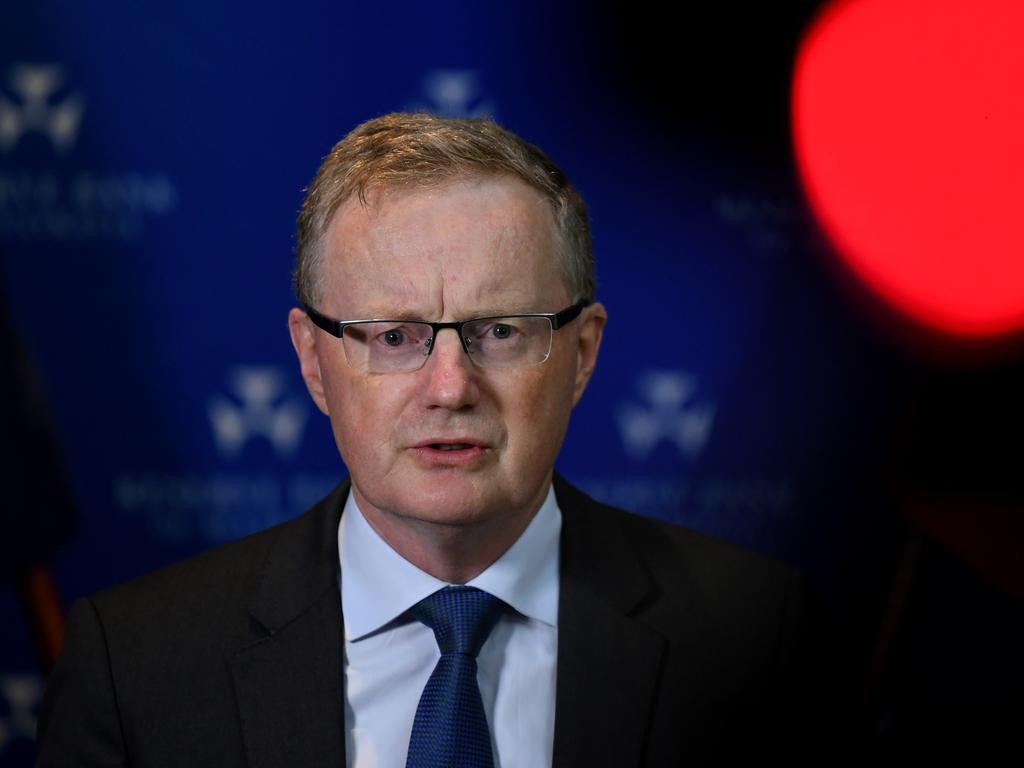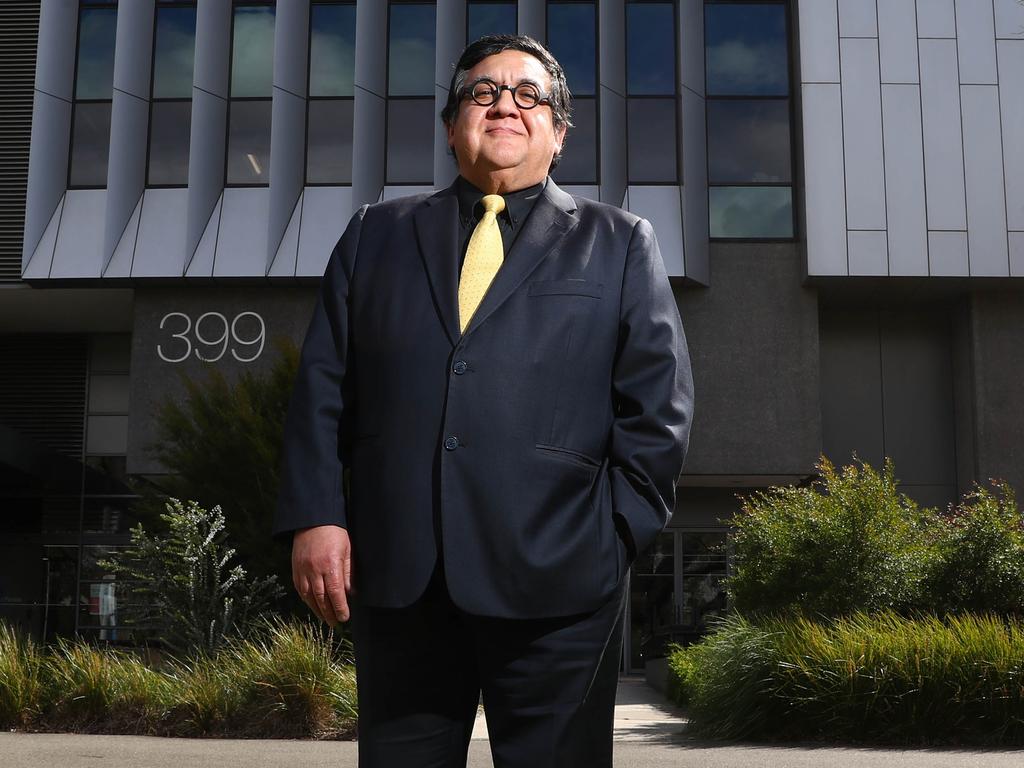Australia’s oil refining industry under threat after BP refinery closure
Australia’s entire oil refining industry could be gone within a year after energy heavyweight BP Australia announced the closure of its WA refinery.

Australia’s entire oil refining industry could be gone within a year after energy heavyweight BP Australia announced the closure of its WA refinery, setting a tense backdrop for meetings between federal Energy Minister Angus Taylor and the country’s remaining refiners over an assistance package next week.
BP’s decision to close its Kwinana refinery, announced on Friday, will put 600 manufacturing workers out of a job within six months and dramatically cut Australia’s capacity to produce its own fuel, leaving the federal government’s fuel security strategy in tatters.
It comes after Viva Energy and Ampol put the future of their Melbourne and Brisbane refineries under formal review, with ExxonMobil’s Altona facility also under extreme pressure.
Mr Taylor said he was “deeply disappointed” by BP’s decision, but said the federal government would “ensure Australia maintains a sovereign refining capability to support local industry”.
“As BP has made clear, its decision to close the refinery was based on commercial and international factors, including the age of the refinery and overseas competition,” he said.
“Closure of the refinery will not negatively impact Australian fuel supplies.”
It is understood Mr Taylor will meet with petroleum refiners next week to try to thrash out details of the federal government’s proposed assistance package for the industry, which includes the introduction of a production payment that works by offering a minimum value of 1.15c per litre to refineries, based on their fuel security contribution to Australia.
But BP’s exit from the market means Mr Taylor is likely to face further criticism the government has moved too slowly on a situation that has been brewing for years, with a spokesman for Exxon saying on Friday the six-month consultation process over the package was “too long, given the near term challenges faced by all refineries”.
The closure of BP’s Kwinana refinery in Perth’s southern suburbs confirms fears the nation’s refining sector could disappear completely in the face of competition from far larger refineries in Singapore, South Korea, Japan and elsewhere in Asia.
Those pressures have been exacerbated by the coronavirus crisis and its impact on the global economy, but while extended lockdowns in Melbourne have piled on additional stress onto refineries owned by Exxon and Viva, the WA economy has been far less affected by the pandemic with the state’s mining industry operating throughout the crisis and traffic in Perth now back to near pre-COVID-19 levels.
BP Australia boss Frédéric Baudry told The Australian Kwinana was still bleeding cash despite the strong WA economy, however.
He said that, while the energy giant was “very appreciative” of the assistance package offered by the federal government, no level of subsidy or assistance would have been enough to stave off Kwinana’s closure in the face of a regional oversupply of capacity and sustained low refining margins.
“There is no amount of cash the government could have offered to us, given our own economic situation and strategy, that would have made this viable,” he said.
“The scale of the losses that are being experienced as a result of these structural economic conditions and the enduring nature of these conditions, that is a fait accompli.
“It’s one thing to potentially shore up the refinery, it’s another thing to justify the investment that would have been required over the next five years and beyond that, and be able to assure our shareholders, assure our board, there would be a return on that.”
Ampol’s Lytton refinery booked a September quarter loss of $82m, and BPs losses at Kwinana are believed likely to hover around similar levels.
BP’s decision also comes ahead of a major four-yearly maintenance shutdown of Kwinana in 2021, with the refurbishment likely to have cost the company close to $100m.
Unions say the BP decision blindsided its workforce, demanding state and federal governments act to keep the refinery open.
Australian Workers Union national secretary Daniel Walton said BP’s announcement flew in the face of promises made by the federal government to maintain a local refinery capacity.
“Australia‘s capacity to make its own fuel cuts to the heart of our viability as a sovereign nation. If we can’t independently fuel our trucks, our farmers, and our defence industry then we leave ourselves incredibly vulnerable,” he said.
“This is not one of these occasions where politicians can simply shake their heads and express disappointment. This is an occasion where the PM needs to get on the phone to BP and tell them to stop dead in their tracks. He should tell BP they will lose their social license to operate in Australia if they don‘t throw this decision into reverse immediately.”
Mr Baudry said BP would ensure security of supply to its WA customers by expanding its import facilities at Kwinana, which already has an import terminal.
“We 100 per cent commit to supply security to our customers in Western Australia, we commit to the competitiveness of the imported product, which will enhance the financial viability of the business in the long run,” he said.
The fate of Australia’s remaining refineries should be clear by early in 2021, when Ampol and Viva complete the reviews of their own refineries.
Ampol flagged the possible closure of its Lytton refinery in Brisbane early in October, citing mounting losses at the struggling manufacturing plant, saying the facility had lost $141m in the first nine months of the year as international oil prices crashed and refinery margins slumped, and consumers stayed off Australian roads in the face of coronavirus movement restrictions.
Viva Energy is also reviewing the future of its Geelong refinery in Victoria and, while energy giant ExxonMobil has not launched any formal process that could signal the closure of its Altona operations, a spokesman noted on Friday the refinery was still trading at a loss and still faced “unprecedented pressure” despite a slight easing of Victoria’s tough coronavirus lockdown measures.
The closure of Kwinana will be the fourth Australian refinery to have shut down since 2012. Even with BP in the market, the remaining plants now produce only about 40 per cent of Australia’s fuel needs, with the rest imported from overseas.






To join the conversation, please log in. Don't have an account? Register
Join the conversation, you are commenting as Logout